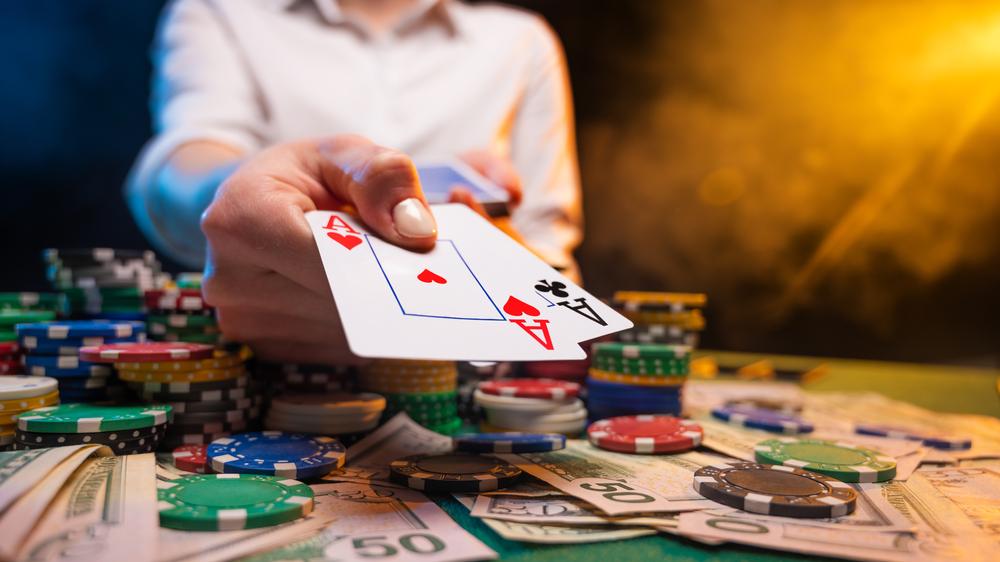
It is undeniable that the world of gambling is intricately entangled in a complex web of power dynamics and political influence. From ancient civilizations to the modern era, the regulation and legalization of gambling have long been dictated by political forces that mold the landscape of this exhilarating industry.
In this article, we will embark on an exploration of the intricate dance that takes place between power and gambling laws. Brace yourself for a captivating journey through the corridors of influence as we unravel the forces shaping the rules and regulations of this thrilling realm.
The Historical Footprint
Throughout history, gambling has often experienced a tumultuous relationship with political entities. The story of gambling laws is one that can be traced back to ancient civilizations like Rome and Greece, where government officials sought control over this popular pastime.
Ancient leaders recognized the power that gambling held over their people, and thus, they sought to harness that power for their own gains. Legislation was put in place to ensure that gambling could be controlled, taxed, and manipulated to fund political endeavors and bolster the treasury.
As societies evolved, so did the manipulation of gambling laws. During the medieval period, various European monarchs imposed bans or regulations on gambling to maintain order and protect public morality, while simultaneously finding ways to indulge in their own appetite for games of chance.
A Modern Twist
Fast forward to the present day, and the dance between power and gambling laws continues. Political influence has never been more apparent as governments face the challenge of striking a delicate balance between regulating an industry that generates substantial revenue and protecting the public from potential harm.
In many countries, the political landscape heavily affects the legality and accessibility of gambling. Elections, government ideologies, and public sentiment all influence the fate of gambling laws. Laws can change dramatically under the sway of political powers, creating an ever-shifting landscape for both players and operators.
The Role of Lobbyists
Within the intricate dance of power, lobbyists have emerged as influential figures shaping the fate of gambling legislation. These individuals or groups represent the interests of different stakeholders within the industry, leveraging their connections and resources to sway political decisions in their favor.
Lobbyists work tirelessly to influence policymakers, legislators, and public opinion. They provide valuable insights, gather and present data, and engage in high-stakes negotiations to ensure that gambling laws align with the interests of the industry they represent.
Public Sentiment and Referendums
Public sentiment plays a significant role in the unveiling of gambling laws. In some jurisdictions, the fate of gambling regulation is put to a public vote through referendums. These democratic measures allow citizens to directly influence the destiny of the industry, leading to diverse outcomes.
Referendums often spark passionate debates, with powerful interest groups and lobbying efforts working to sway public opinion. The outcome of these referendums can result in the expansion or restriction of gambling rights, with profound consequences for the industry and its players.
In Conclusion
The dance between power and gambling laws is an intricate and ever-evolving one. Throughout history, political forces have sought to control and shape the gambling industry for their own benefit. Today, the landscape remains dynamic, influenced by powerful entities, lobbyists, public sentiment, and democratic processes.
As avid participants in the thrilling world of online casinos, understanding this dance of power gives us a glimpse into the forces that shape the regulations and opportunities within the industry. By staying informed and engaged, we can navigate this dynamic landscape and continue to enjoy the excitement and exhilaration that online gambling provides.
































